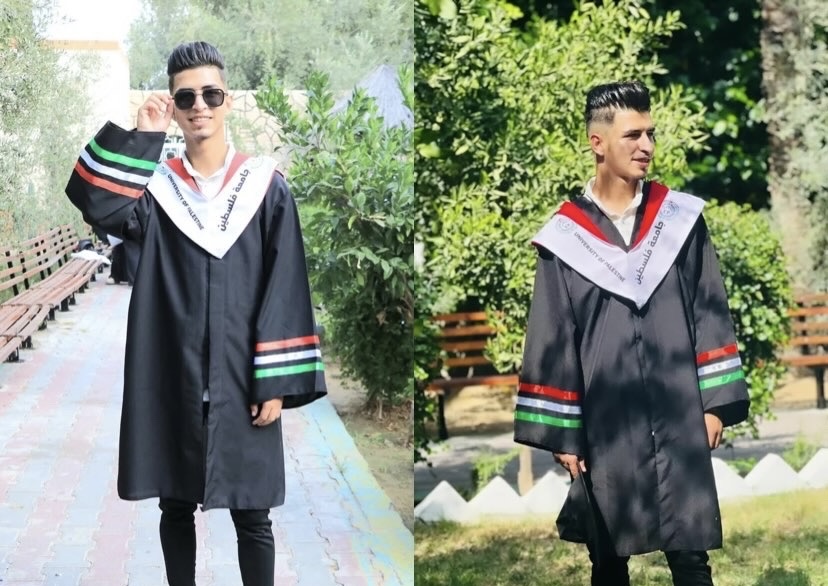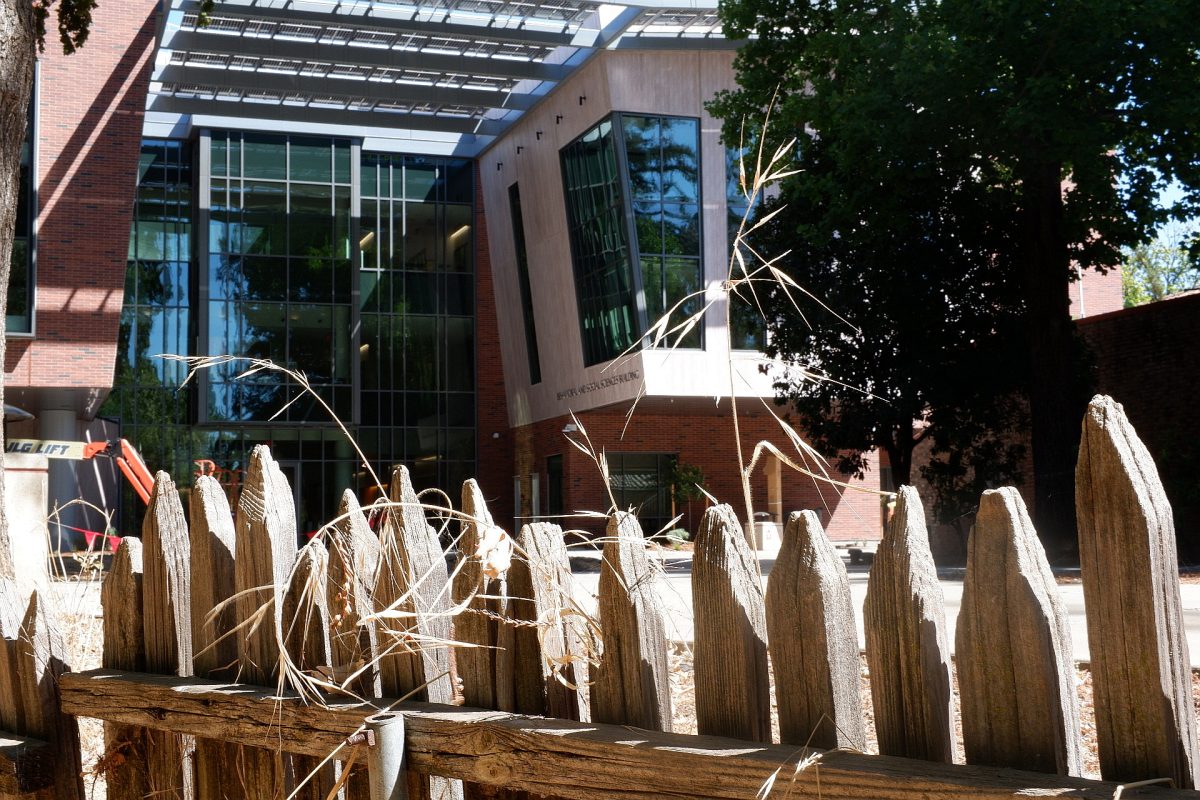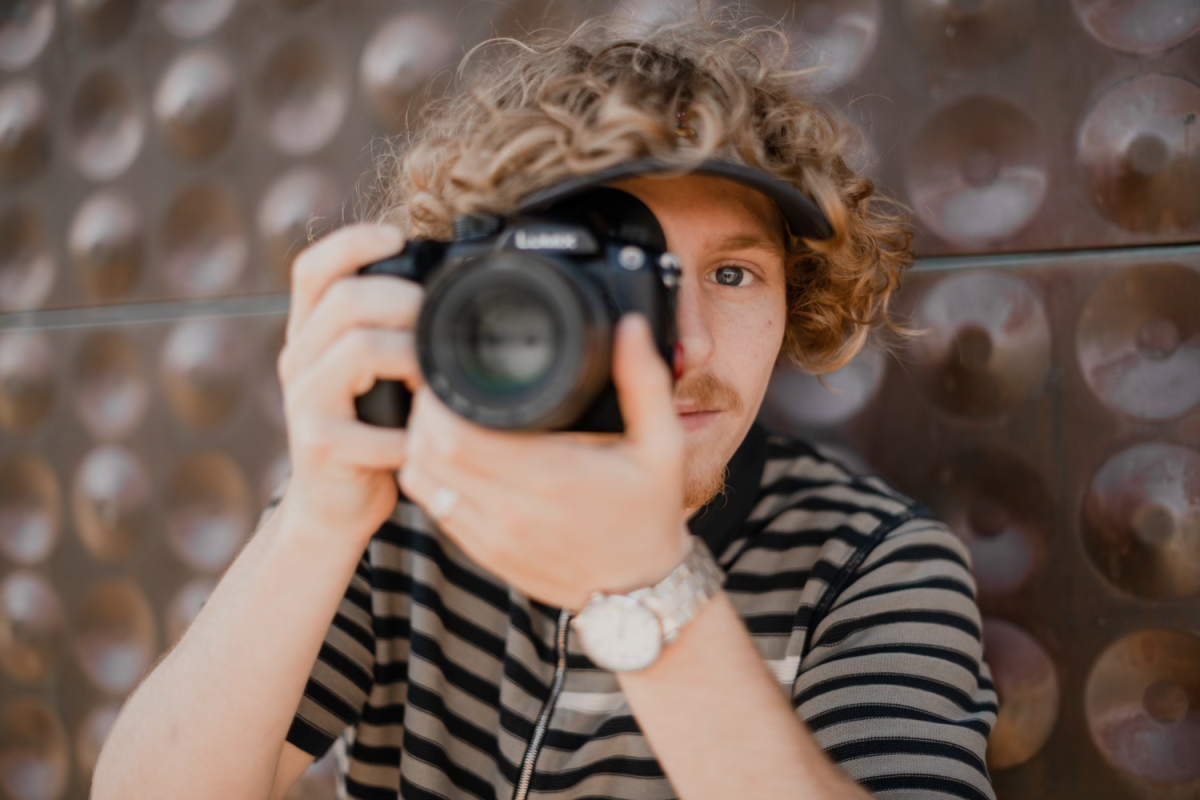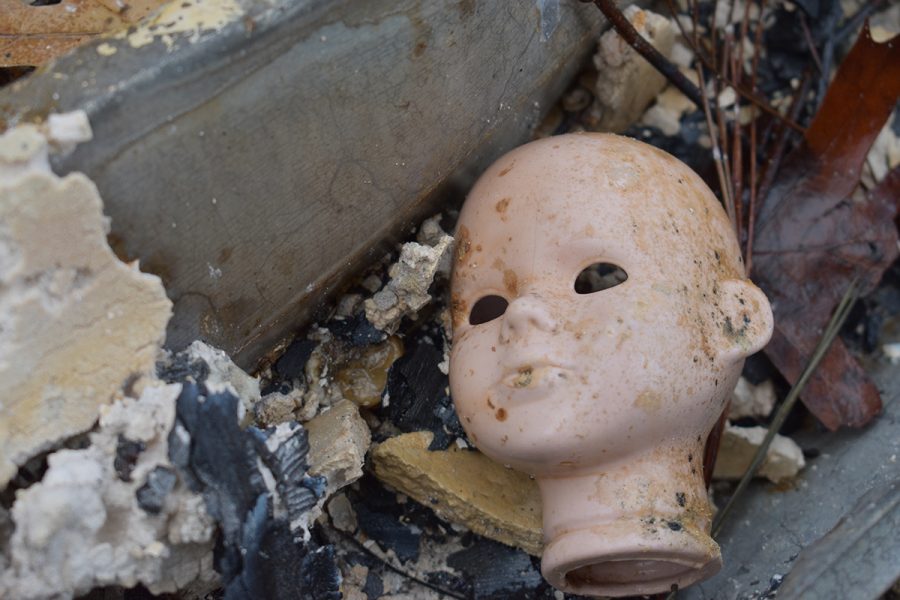Jet lag, foreign languages and unfamiliar places are all elements of culture shock. Students not only experience that shock when they go to the foreign country that the are studying in, but also when they return home.
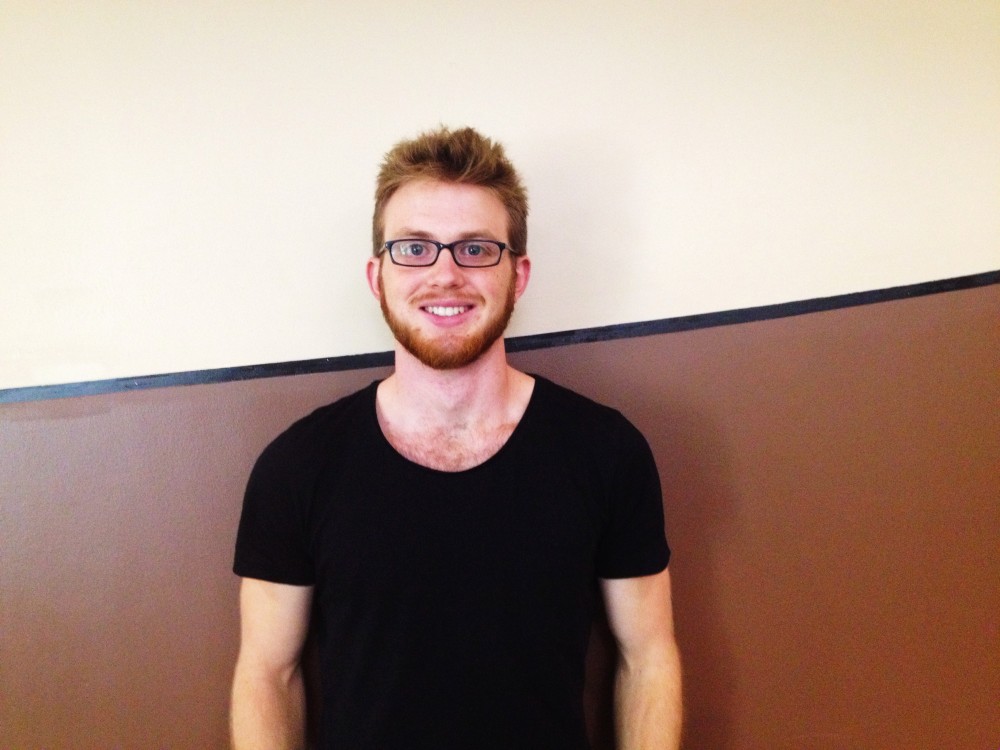
Karl Pfeifer, senior international relations and German major, spent his time abroad in Tuebingen, Germany.
The Orion: Was the culture shock coming home different than the culture shock going abroad?
Pfeifer: I didn’t have a ton of culture shock going to Germany, but coming back there were a lot of things that I had to adjust to. You think, oh I’m going home now, but then you get back and it’s like whoa, this is really weird.
The Orion: What were some of the things that were shocking when you came back to America?
Pfeifer: For me, there were a lot of little instances of shock. When I first got back, during the car ride home from the airport, I couldn’t help but think oh my God, I’m going to die. The freeways are so much more chaotic than the roads in the town I was in.
The Orion: How do you think going from culture to culture changed you?
Pfeifer: The coming back home culture shock isn’t something that is really talked about but there are so many things that affect someone coming back. I myself changed – I became more German. I’m a lot quieter. When I got back I had to grow back into my American self.
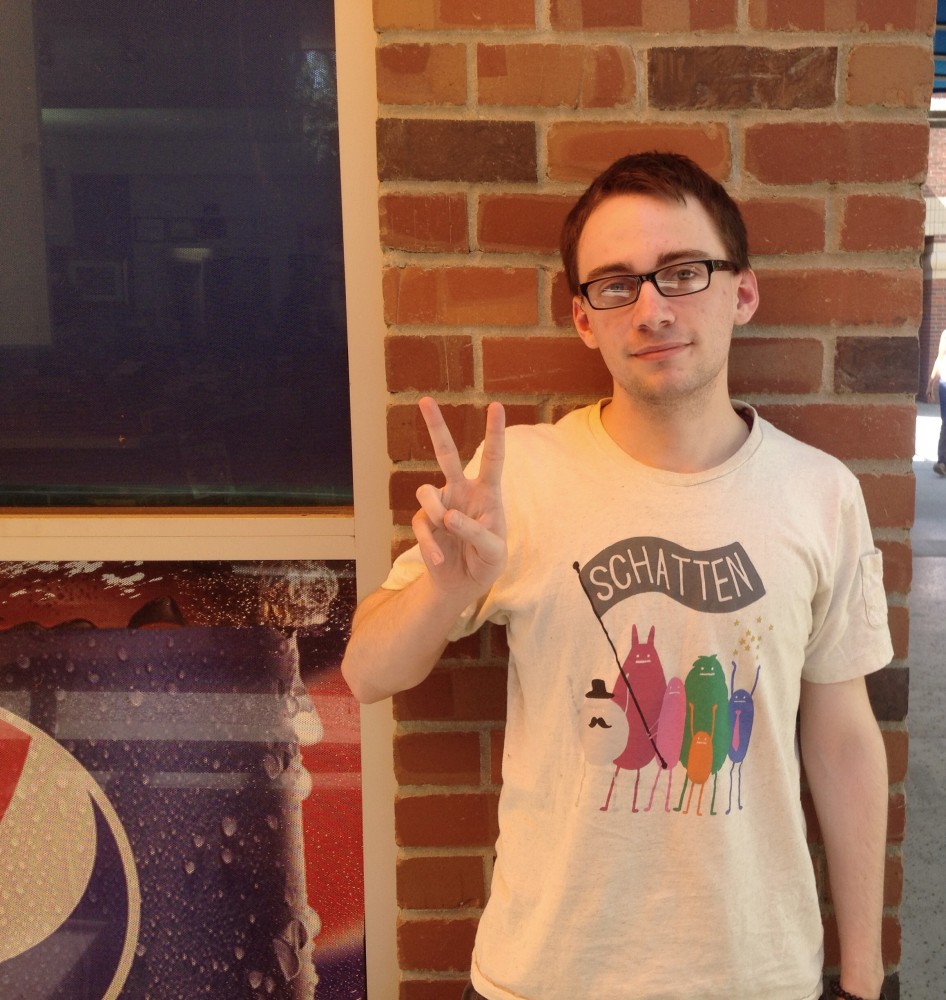
Shane La Vigne, senior English major, is now a peer advisor for the study abroad office. He spent his time in Hirakata, Osaka in Japan.
The Orion: What was something hard to adjust to coming back home?
La Vigne: One thing that was really hard was adjusting the climate. The humidity is so much higher in Japan. Coming back to California, it’s the exact opposite in terms of humidity. It is so dry here, my hair and my skin were just going crazy when I got back.
The Orion: Did the different language cause any problems for you?
La Vigne: When I had just gotten back, I was transferring planes at the airport in LA and someone who worked there stopped me and I just started speaking Japanese to them. It made me look very suspicious for some reason and I ended up having to get my hands dabbed to test them for chemicals or something.
The Orion: How did the physical landscape differ between countries, and was that a change you had to adjust to?
La Vigne: One thing that is really different here is all the open space. Everything here is wider and more open, even the way towns are laid out. In Japan I could take a night bus for eight hours and get across the whole country. Here I could do that and still be in California.
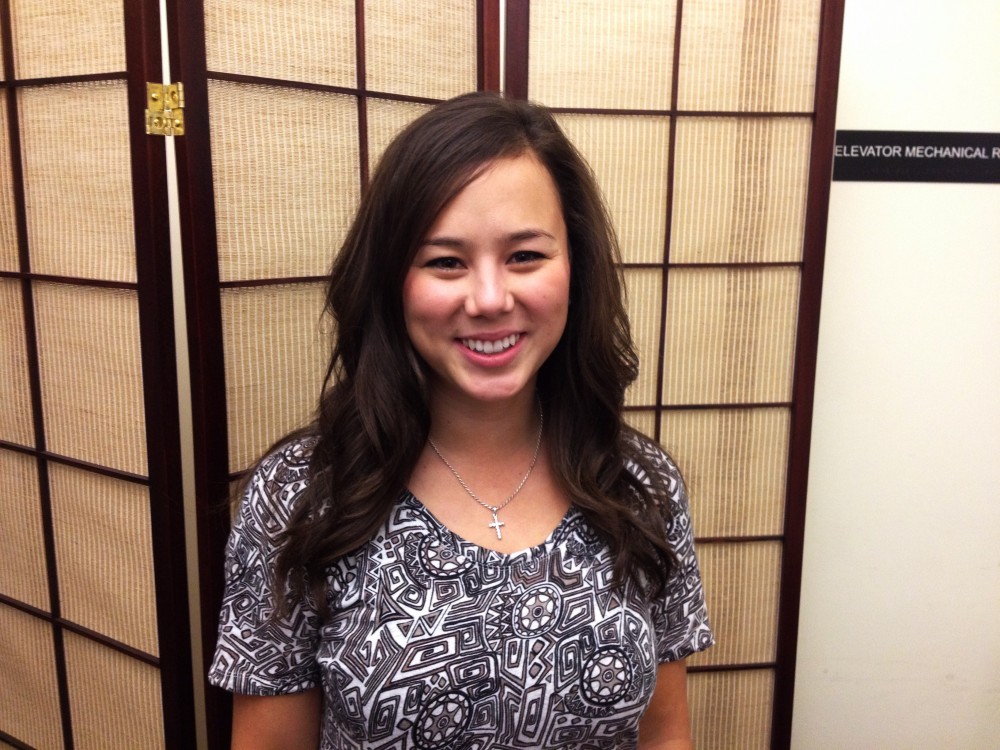
Jessica Vazquez, senior agriculture business major, spent a year abroad in Jaen, Spain.
The Orion: What is something you did in Spain that you don’t in America?
Vazquez: In Spain they have siestas, which are not just naps like everyone thinks but more of a time of rest. After lunch, my host family and I would always just sit down and watch TV or just hang out with each other. It’s so stereotypical but after coming back, I was always super tired after lunch.
The Orion: Did the different language cause any problems for you?
Vazquez: Getting used to all the English spoken here has been really hard. While in Spain if I heard English being spoken, it would be my friends, classmates or other Californians who were in my program. When I came back I would hear English and think, oh I must know them, then I would turn around and it would be just some random stranger.
The Orion: What was one of the hardest things to adjust to coming back?
Vazquez: One of the hardest things is coming home to changes like people having graduated. I knew people wouldn’t pause their life while I was gone, but it was weird to come back and see that people had in fact moved on.
Michaela Sundholm can be reached at [email protected] or @Michaela_Sun on Twitter.



